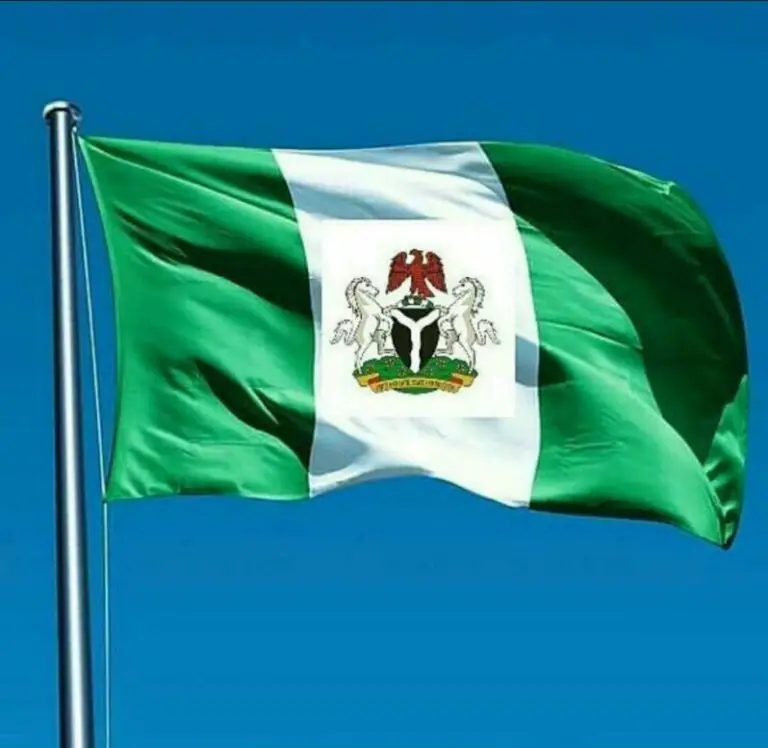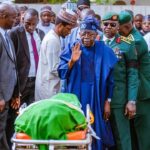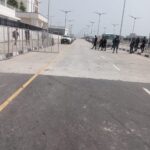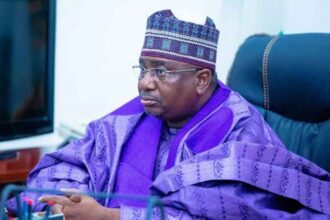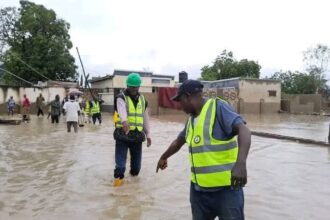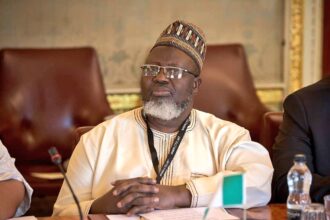
The recent decision by the Bariga Local Government Area (LGA) in Lagos State to rename several streets, an act well within its constitutional authority, has ignited an online storm laced with suspicion, emotional outbursts, and, regrettably, ethnic undertones fueled by political manipulation. Some have accused the move of being targeted at the Igbo community, framing it as yet another instance of Yoruba marginalization.
However, a closer look at the streets involved reveals that most of the renamed streets bore Yoruba names, not Igbo ones. For instance, Ilaje Street was renamed King Sunny Ade Street; Ayodele Street became Tony Tetuila Street; and Ifeanyi Street was renamed Abolere Akande Street. Far from an anti-Igbo agenda, the renaming appears to be part of a local initiative to honour prominent figures and streamline street identity. In essence, the local government was simply doing its job.
Now compare this to what happened in Awka South LGA of Anambra State, where Abakaliki Street was renamed Club Road. The change was resisted by the Ebonyi State Government, but the wider Igbo public, including many of those now stoking ethnic sentiment, remained silent. That change came and went quietly: no online outrage, no accusations of tribal bias, and certainly no trending hashtags. So, why is a similar administrative exercise in Lagos suddenly being portrayed as an ethnic assault?
It’s important to remember that street naming and renaming is a constitutional function of local governments. Across Nigeria, this practice is common and often carried out for legitimate reasons: urban planning, honoring notable citizens, or improving administrative functions like address verification and tax collection. In many cases, it also boosts Internally Generated Revenue (IGR), which is crucial for local development.
We cannot continue to interpret every action taken by a non-Igbo government through an ethnic lens. Not every administrative decision made outside the South-East is an attack on the Igbo. When we fall into this trap, we lose sight of more pressing issues, real existential threats that demand our collective attention.
As Ndi Igbo, we must look inward. Street names will not destroy us, but our silence might. The real problem is not about the renaming of streets. Our greatest threats are not external; they are internal, and they are urgent. Among them: the epidemic of Igbo killing fellow Igbo in the name of agitation; the imposition of violent sit-at-home orders that have turned vibrant communities into ghost towns and crippled local economies; and the silencing of dissenting voices by those who claim to be fighting for our liberation but are, in fact, compounding our suffering.
Those who failed to condemn the root causes of insecurity in the South-East, those who looked away while criminal elements, under the guise of agitation, transformed into terrorists, should not be the loudest voices crying over the renaming of streets in Lagos. For years, you watched as communities burned, as innocent people were slaughtered, kidnapped, or driven from their homes. You chose silence over truth, fear over responsibility. To now raise alarm over the renaming of a street in Bariga is not leadership, it is betrayal.
These are the existential threats facing Ndi Igbo: insecurity, disunity, economic decline, and political marginalization from within, not street renaming in Lagos.
The real danger is not that a Yoruba-led LGA renamed a street. The real danger is that some among us are too quick to weaponize ethnic identity for cheap political mileage, while ignoring the dysfunction and pain eating us from the inside.
What we need now is not outrage, but introspection. Not conspiracy theories, but clarity. Not tribal sentiment, but leadership.
This is not a Yoruba versus Igbo issue. It is a cynical game played by political actors who have nothing to offer but division and fear. We must refuse to be their pawns.
If we are serious about Igbo survival, dignity, and progress, we must urgently: Reclaim our public spaces from violence and fear. Engage relevant stakeholders in meaningful reconciliation and peacebuilding efforts. Demand accountability from our own leaders and institutions. Foster open dialogue on our future within Nigeria, rooted in strategic thinking, not emotional reaction.
Let us not waste energy where there is no war. The real battle is not about names on street signs. It is about reclaiming our future.

